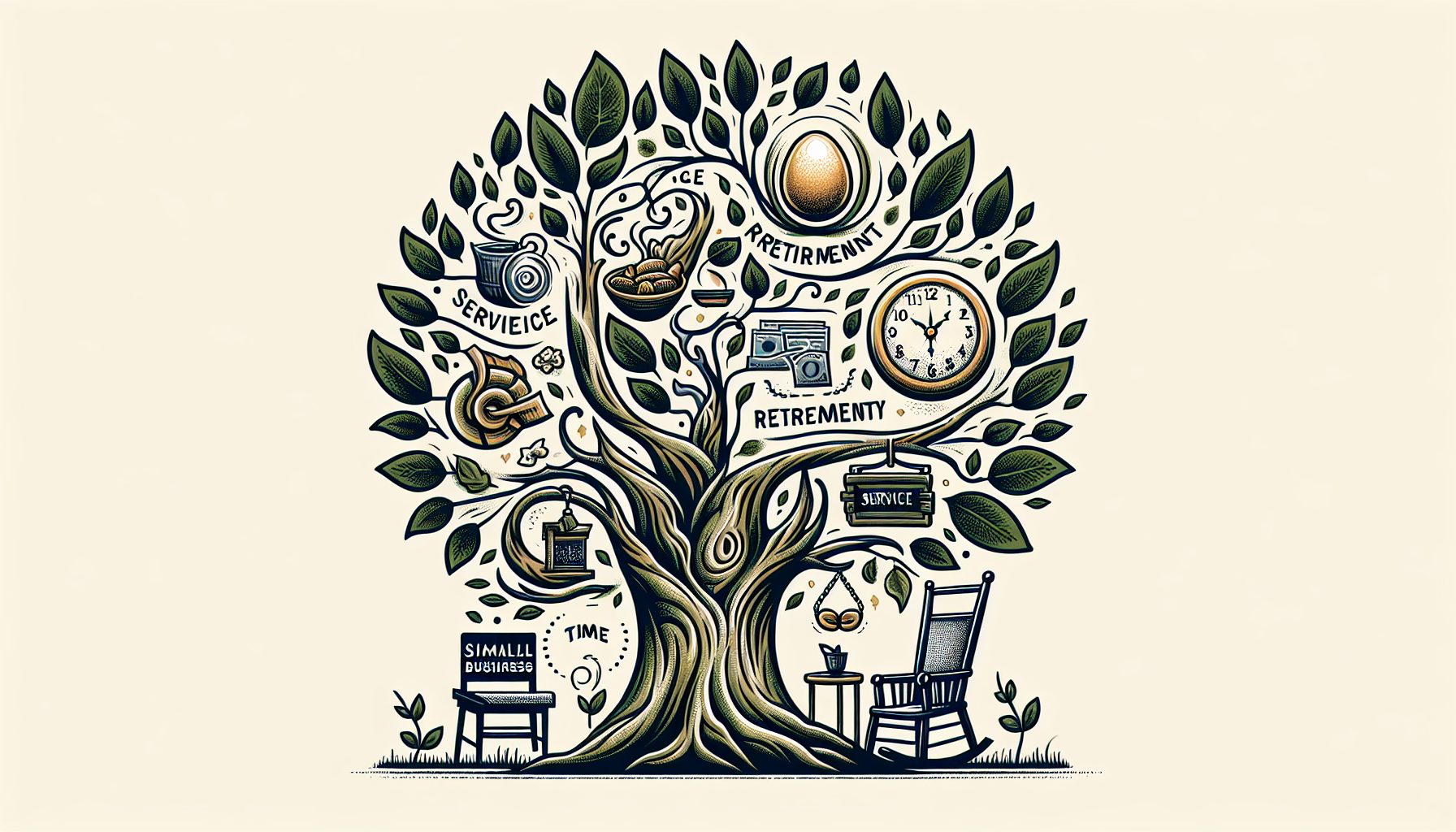While Ed Cone was deftly delving into the ways that former governor Howard Dean is employing Web technologies to capture the Democratic nomination for president, I went to vote for the first time in Connecticut.
The fact this was my first visit to the polls in my adopted home state said something about the state of election systems in a country that likes to think of itself as a model for the world to follow in democracy—and technology.
I have now lived in Connecticut for 32 months. Yet if I hadn’t met U.S. Rep. Christopher Shays at a train station in fall 2002, I might still be waiting. He gave me the Web address for getting a registration form.
Of course, I still had to fill it out and mail it in to Town Hall. Then, weeks later, I got a poorly worded letter that I took as a confirmation, but wasn’t sure.
This is balderdash. In Europe, the democratic states make it easy. They automatically put citizens on the voting rolls. You just have to show up and vote. That’s an information system that works. It’s invisible and reliable.
Here, it’s like a scavenger hunt—or a gantlet. Do you go to the Department of Motor Vehicles? Do you write the Secretary of State (and what’s that address anyway)? Do you go to the local library? Town Hall? Who knows?
But even when registered, there’s another gantlet.
The entrance to the polling place that I visited was crowded on both sides with candidates. Not posters. Not leaflets. The actual candidates. Inside the door was a bake sale staffed by high-school moms.
These should be artifacts of the past. If we can figure out how to dispense $400 of cash from boxes on street corners, surely we can figure out a way to make voting—or at least registration—ubiquitous, through kiosks or the Web.
Instead, as Cone shows with great perceptivity, it is the really motivated electorate that is taking to Web technologies with a vengeance. Whether you agree with a Vermont “moderate” like Dean or a Texas “compassionate conservative” like Bush is beside the point. Each election now is decided by a minority of impassioned voters. Great swaths of the American public elect not to participate at all.
This is a system failure. Not just of democracy, but of technology. Right now, today, every secretary of state in every part of this country should be delivering a totally online system for registering voters. That is a simple, safe first step. No postage stamp required.
What’s the hang-up? That the person typing in the registration might not be the real voter? How did my Town Hall know it was me that filled out my form and mailed it in? Who cares? Just demand to see a valid driver’s license at the polling place to verify identification, anyway. It’s a moot point.
Even the experience inside the voting booth is sad. I voted in the same kind of machine my parents did 30 years ago in New Jersey. You pulled down a lever over the name of each candidate you favored. Then, you pulled a crank to confirm your choices and open the drape, to exit the booth.
Sure, no electronic voting system is yet safe enough to withstand computer crackers. But it’s a sad commentary that we haven’t gotten serious about finding ways to properly encrypt voting instructions and provide secure digital pipes to send them in from personal computers.
This, more than cracking, will limit future participation in democracy. The next generation of voters expects the convenience of computing in the conduct of their lives. In 1972, nearly 50% of adults under 30 voted. In 2000, only 30% did. You plot the trend.
The right way to start is just to make it easier to vote. Polling stations could and should be spread out to office buildings, malls and other high-traffic locations (such as train stations in Connecticut). If we can print out a registration form from the Web and mail it in, let’s do the same for absentee votes. Then, anyone with a computer and printer—today—could vote from home.
A fundamental mission of government in this country should be to foster more voting. The goal should be to make it easy for anyone to vote at any time and from any place.
We make it harder than it has to be.








